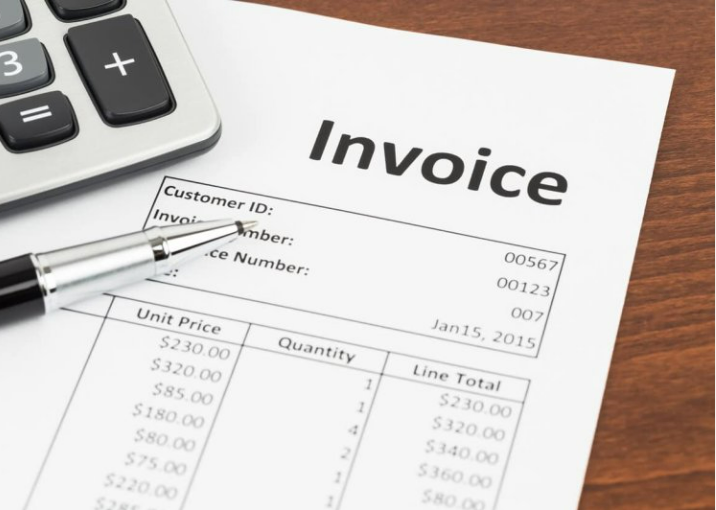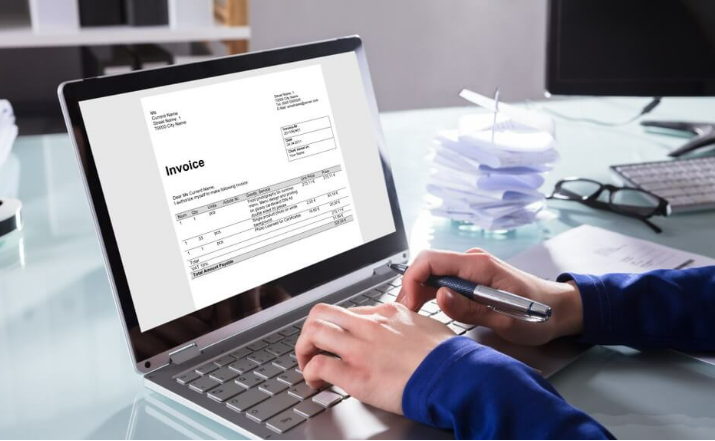Identity theft poses a significant and escalating threat. In 2018 alone, the Federal Trade Commission (FTC) fielded 1.4 million fraud complaints, resulting in a staggering $1.48 billion in financial losses. Among these reports, identity theft and credit card fraud were the most prevalent. Yet, these figures don’t encompass cases of inadvertent errors, where erroneous bills or collection notices are received. Such occurrences are alarmingly common.

Last year, over 167,000 American consumers reported unauthorized credit card accounts opened using their personal information. So, how can you safeguard yourself? And what steps should you take if you encounter erroneous bills or unexplained debts? Here’s some guidance to assist you in navigating such situations.
Contest the Charges
If you spot an unfamiliar charge or debt linked to your name, take immediate action to challenge it. Never commit to paying a debt if you harbor doubts about its validity. Conduct thorough research to determine the legitimacy of the charge or debt. If the charge appears on your credit card statement, consider whether it may have been incurred by a family member, such as your spouse or children. Verify all possibilities.
Should you determine that the charge or debt is indeed unauthorized, it’s crucial to contest it promptly. Avoid simply paying it off in the hope that the issue will resolve itself. On the contrary, failing to address it may exacerbate the situation. Instead, reach out to the company responsible for the charge and dispute the amount owed. Initiating contact via phone is typically the initial step, but you can also escalate the matter by communicating in writing with higher-level personnel within the organization.
If you suspect that your identity has been compromised, promptly inform the company levying the charge. They likely have established protocols for handling charges stemming from identity theft.
Demand Proof
If you find yourself facing debt that a company has transferred to you or passed on to a collection agency, don’t hesitate to challenge it. Request evidence confirming that the debt is legitimately yours. One effective method is to demand to see your own signature associated with the debt. If the company fails to provide credit card receipts, mortgage documents, or loan applications bearing your signature, you’re in a favorable position. Armed with this lack of proof, you can make a compelling case for having the debt nullified.

Challenges may arise in cases of online transactions, where signatures are typically not required. However, the issuance of a credit card necessitates a signature on the application. You may also request additional verification, such as the address, phone number, or Social Security Number associated with the transaction. If this information differs from your own records, it strengthens your grounds for disputing the charges.
Get a “Validation Notice”
Under the law, collection agencies are obligated to send consumers a written notice regarding unpaid charges and outstanding debts. This notice, known as a “validation notice” or “validation letter,” clearly outlines the amount owed, the creditor’s name, and what steps to take if you dispute the debt. Receiving this notice helps verify if the debt is legitimate.
Scammers attempting to coerce payment for a non-existent debt typically avoid sending validation letters. Once you receive a validation notice, you have 30 days to respond in writing, explaining why you believe the charges or debt are incorrect. Regulated by the FTC, this process facilitates communication and dispute resolution between companies and consumers.
Scammers usually do not adhere to this legitimate procedure. If you receive suspicious collection calls regarding an unfamiliar debt, insist on receiving a validation notice before taking any action. Avoid agreeing to anything over the phone.
Check Your Credit Report Regularly
Unpaid debts and charges can significantly impact your credit report and score, potentially affecting your ability to secure loans and the interest rates offered. Delinquent accounts may linger on your credit report for up to seven years, influencing future financial opportunities.
Credit scores, ranging from 300 to 850, directly impact the interest rates you’re offered. A higher score often translates to lower interest rates, while a lower score may result in higher rates. Regularly monitoring your credit report — at least biannually — is crucial.

In the U.S., three major credit agencies — Equifax, Experian, and TransUnion — offer free annual credit reports upon request. Utilize this service by obtaining reports from each agency at different intervals throughout the year.
Review your credit report carefully for inaccuracies, disputes, or resolved issues, and promptly inform the agencies of any discrepancies. Maintaining an updated and accurate credit report is essential. Ensure that fully paid-off loans are correctly noted to prevent future misunderstandings or collection notices. After making your final payments, follow up with the lender to confirm that your account reflects the completed payments.
Report Your Identity Stolen
If you suspect that your identity has been stolen, it’s crucial to take immediate action. Notify your bank, employer, credit agencies, and law enforcement about the breach. Place fraud alerts on your bank accounts, credit cards, and with the three major credit agencies. Additionally, report the incident to the FTC and the Internal Revenue Service (IRS).

Reach out to your healthcare insurance providers and medical professionals, and consider placing a flag on your driver’s license or state identification. Informing both local and federal law enforcement agencies is advisable. These steps will help fortify your defenses against future fraudulent activities.
Each of these agencies and organizations has established procedures to formally notify them of identity theft incidents. Once your identity theft status is recognized, you’ll have better support in contesting any unauthorized charges or debt obligations that arise.
